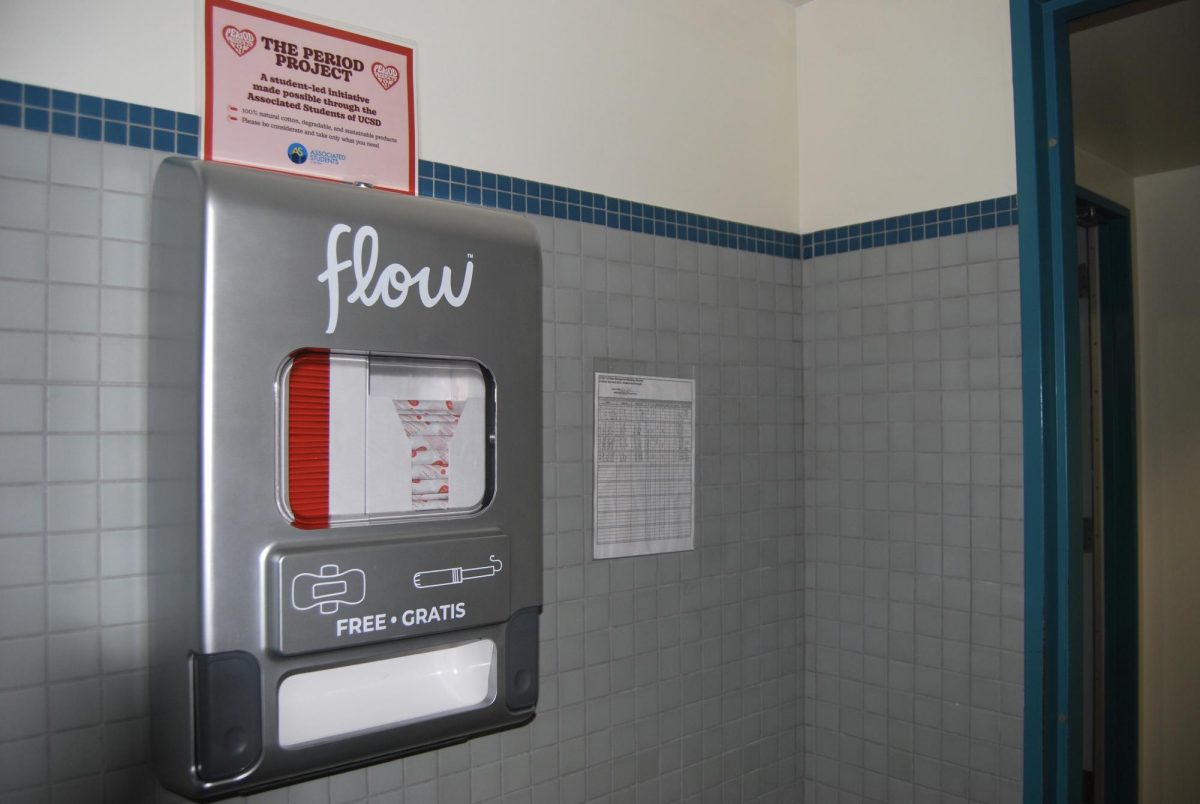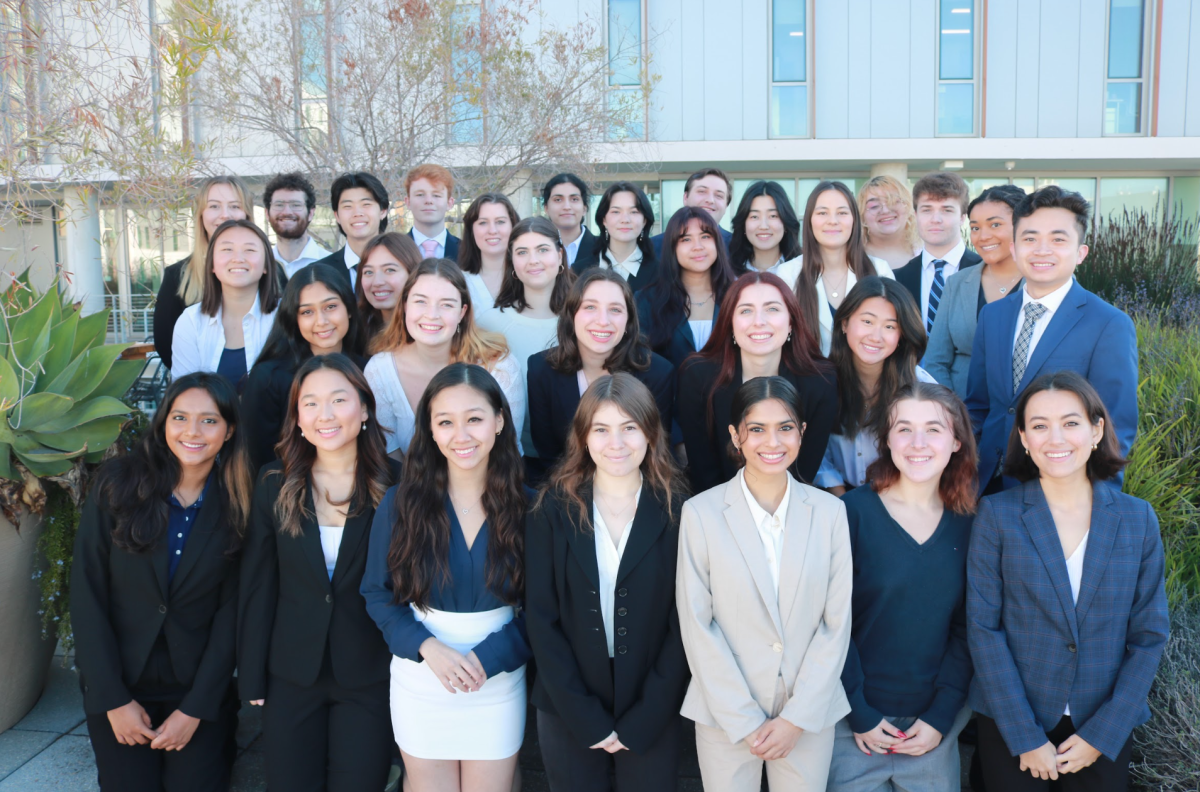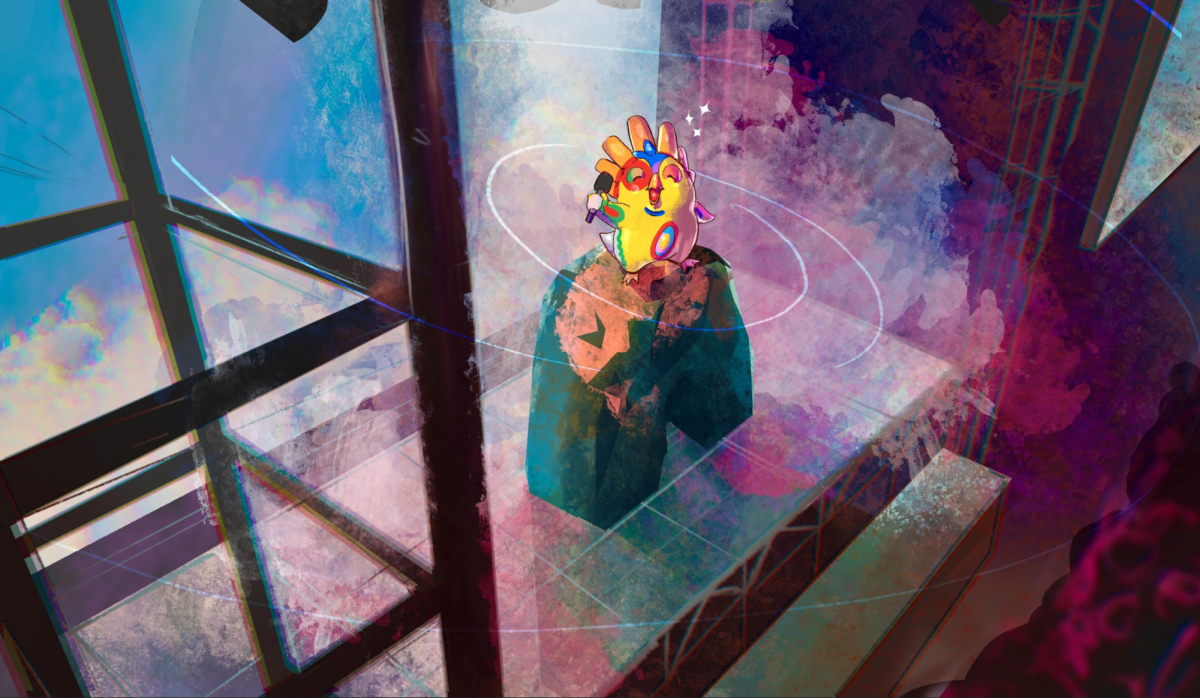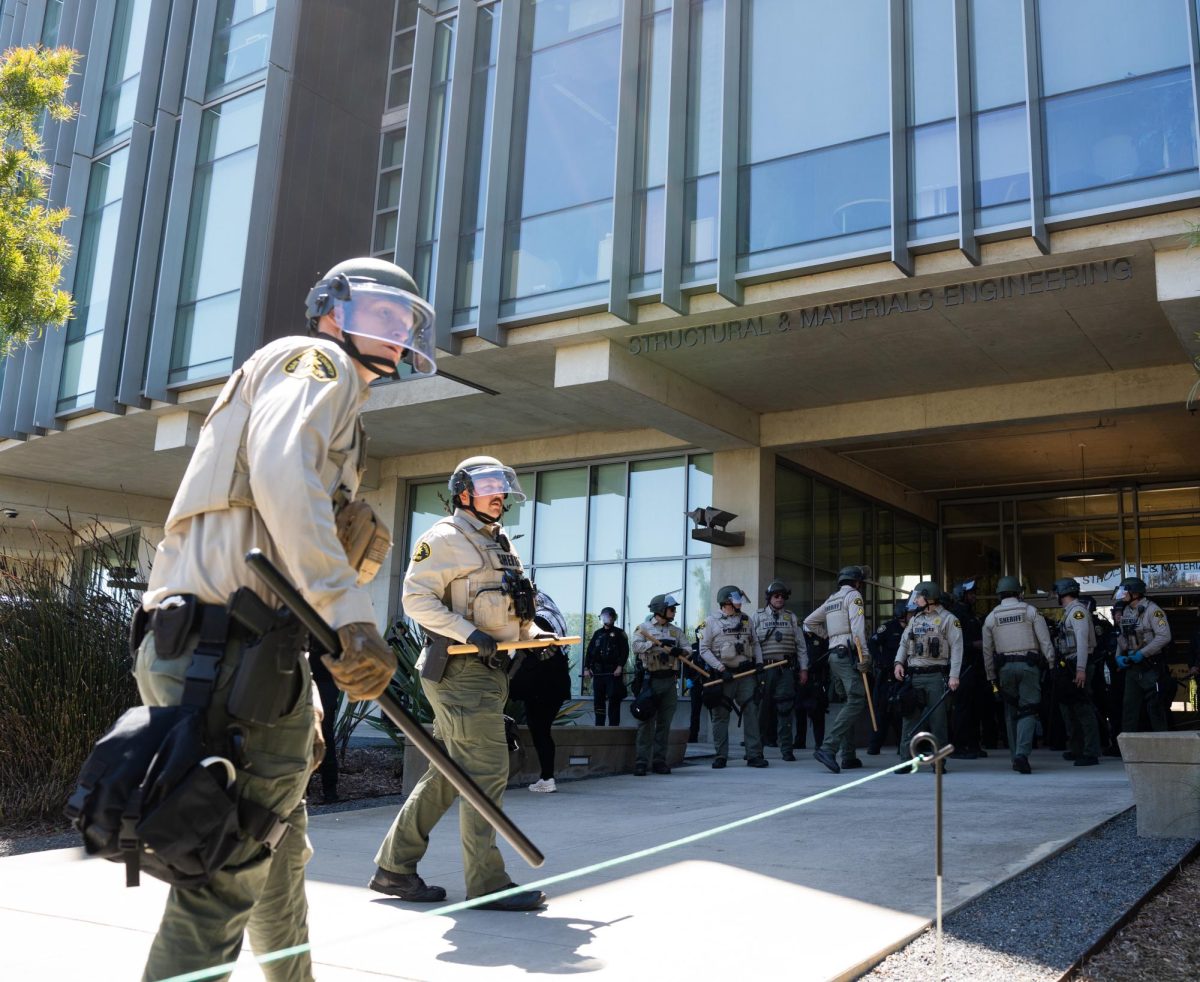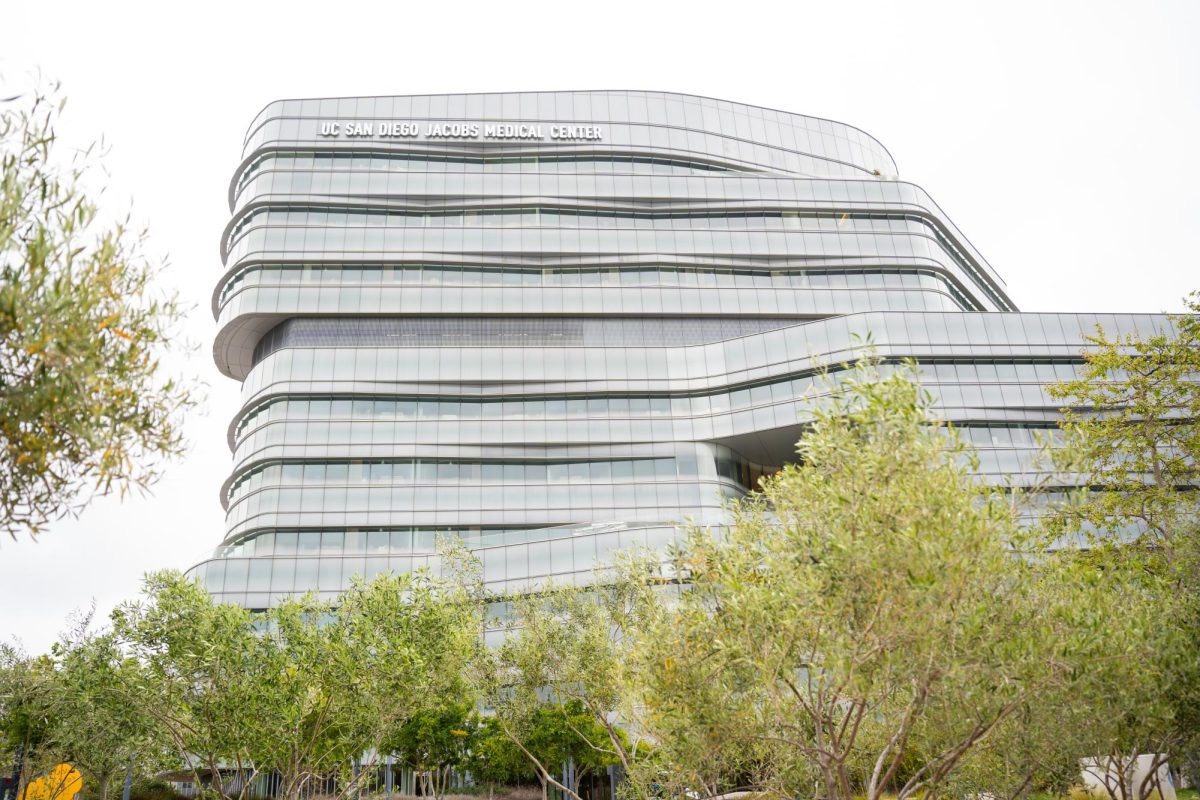The Clinton Health Initiative is embarking on a campaign to prevent a projected 10,000 college students from dying of prescription drug abuse
Prescription drug overdoses killed more U.S. citizens than car accidents last year, taking the life of one American every 19 minutes, according to the Clinton Health Matters Initiative. College students, in particular, are at greater risk as indicated by a skyrocketing in abuse of drugs among the group — a 343 percent increase in abuse of opioids like Vicodin and a 93 percent increase in abuse of stimulants like Adderall between 1993 and 2005, according to CHMI.
As published in UCSD’s 2013 Annual Security Report, our university has seen an overall rise in drug law arrests and discipline from 2010 to 2012. In 2012, there were 25 reported drug law arrests and 588 reported accounts of drug law discipline, a significant increase from the 16 reports of arrest and 94 reports of discipline two years prior.
“Compared to the other commonly abused illicit drugs, prescription drugs are unique in that they can be obtained through legal channels,” CHMI stated on its website. “These drugs have become attractive to drug seekers and abusers, because they are manufactured legitimately and prescribed by physicians, giving them the illusion of safety. In reality, the addiction and withdrawal associated with the abuse of many prescription drugs can be more harmful than that associated with illegal drugs.”
As a result, the CHMI is partnering with the Jed Foundation, Facebook and MTV to spread awareness and create a prescription drug abuse prevention campaign for college students. The campaign would provide resources to campuses to jump-start their own prevention programs, counseling and mental health services and student-led efforts against prescription drug abuse.
“Over the next five years, the Clinton Health Matters Initiative plans to save over 10,000 lives by cutting in half the number of young people who misuse prescription drugs for the first time,” CHMI stated in their 2014 “Deadly Dose” infographic.
The CHMI seeks to attack prescription drug abuse by understanding it from the financial, social and health perspectives. According to the Substance Abuse and Mental Health Services Administration, 72 percent of prescription drug abusers get their pills from friends and family. Moreover, college students in a study by Christian J. Teter, et al. titled, “Illicit Use of Specific Prescription Stimulants Among College Students: Prevalence, Motives, and Routes of Administration,” cited the following reasons for their prescription drug abuse: to concentrate better, earn higher grades, minimize stress and get high.
After social and academic pressures get to students, prescription abuse often leads to addiction, which in turn is likely to lead to overdose. This addiction, consequently, is a major factor in the tripling of overdoses in the past 20 years, according to the Centers for Disease Control and Prevention.
“A person who is abusing prescription painkillers might take larger doses to achieve a euphoric effect and reduce withdrawal symptoms,” CHMI stated in a 2013 prescription drug misuse Q-and-A. “These larger doses can cause breathing to slow down so much that breathing stops, resulting in a fatal overdose.”
Abuse of stimulants also results in addiction in a similar way to the abuse of painkillers, according to the CDC.
“All stimulants work by increasing dopamine levels in the brain — dopamine is a brain chemical (or neurotransmitter) associated with pleasure, movement and attention,” CHMI stated in their Q-and-A. “However, when taken in doses and routes other than those prescribed, stimulants can increase brain dopamine in a rapid and highly amplified manner — as do most other drugs of abuse — disrupting normal communication between brain cells, producing euphoria and increasing the risk of addiction.”
Most of the reasons for prescription drug abuse that college students reported in the Teter study can be addressed through counseling and raising awareness, which CHMI is trying to achieve at college campuses across the nation. In addition to reaching out to campuses, CHMI plans to work with businesses, the pharmaceutical industry and various medical groups to improve prescription drug monitoring and lower the cost of anti-opiate drugs that could counter the damages of overdosing.
In support of its aims, CHMI will host a Health Matters Conference Jan. 13 to Jan. 15 in La Quinta, Calif. The conference will be broadcasted live online on the Clinton Foundation website.
UCSD is also dedicated to providing support for students and faculty members who suffer from substance abuse. Psychological and Counseling Services provides counseling for those who need help with drug-dependency problems. They can be reached at (858) 534-3755.


